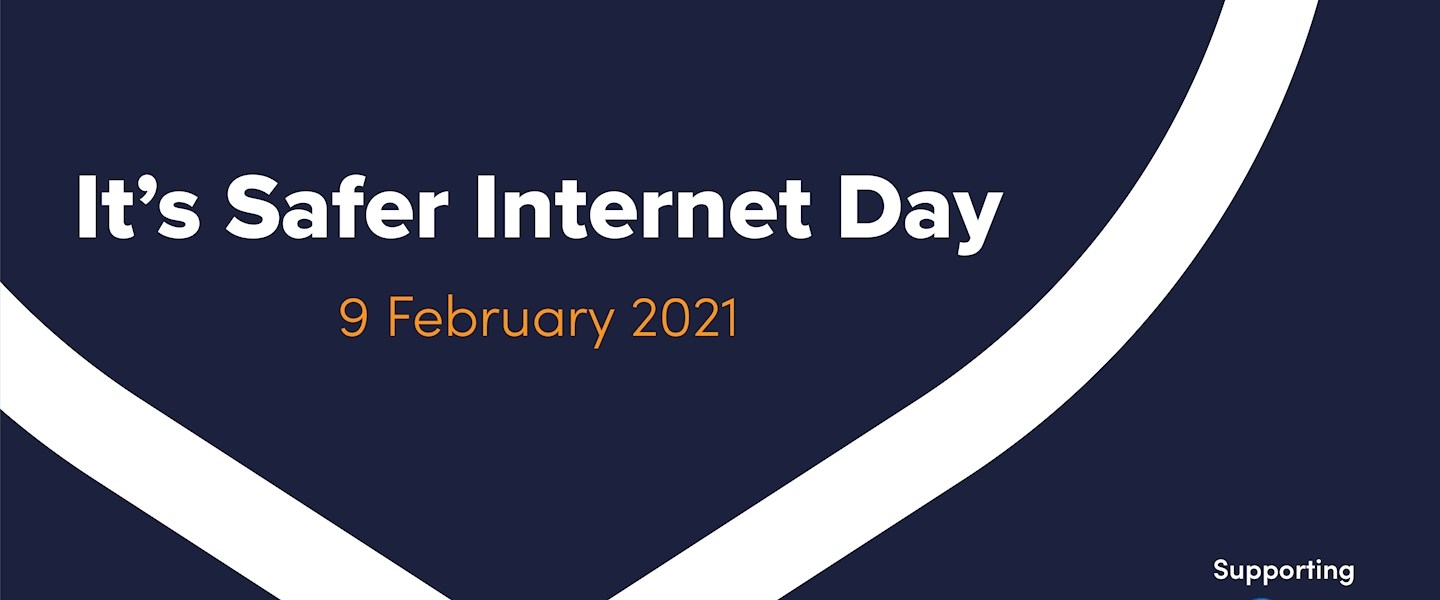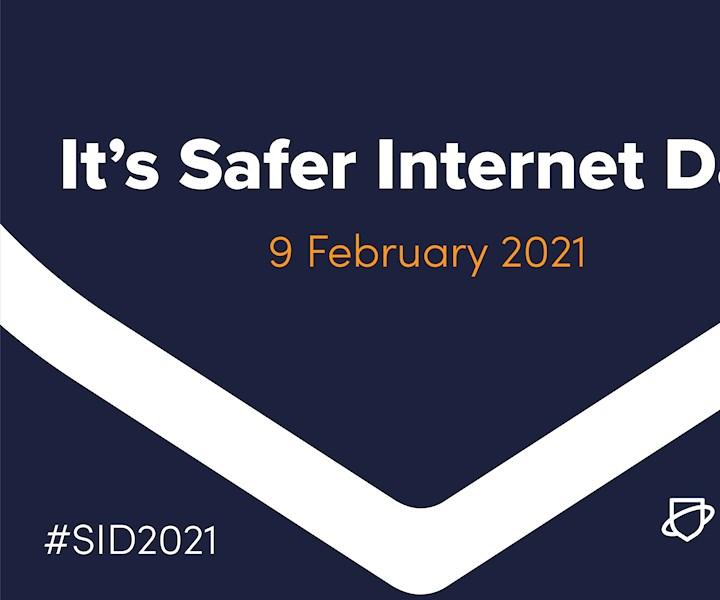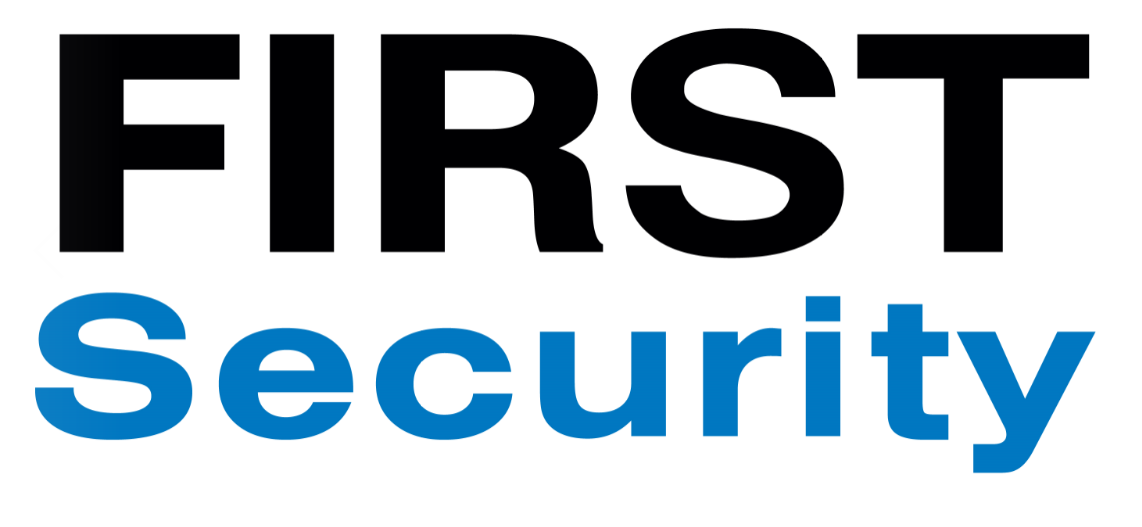Supporting Safer Internet Day


FIRST supports Safer Internet Day
Observed annually, Safer Internet Day promotes a safer, more respectful internet, and the protection of those most vulnerable to predatory behaviours. FIRST Security is proud to support Safer Internet Day 2021.
The past year has reinforced to us the power of the internet as an enabler for communication, collaboration and continuity. Amid pandemic and lockdowns, we’ve collectively taken a digital leap, learning very quickly how to do things like order groceries online and host Zoom meetings.
Online communication has proved vital for our societies to keep functioning in the face of a global health crisis. However, greater internet use also means greater exposure to online risks, especially for the youngest and oldest among us.
Cybercrime, privacy breaches, misinformation and disinformation, hate speech, cyberbullying, exposure to harmful content and predatory behaviours have grown since the advent of the COVID crisis. As internet users, we are all faced with the same dilemma: how do we make the most of the opportunities the digital world brings us, while at the same time mitigating any negative side-effects it might entail?
Observed since 2004, Safer Internet Day provides an opportunity to reflect on how we might promote a more responsible, respectful, critical and creative use of digital technologies. The day is now marked in over 170 countries.
Together for a better internet
Netsafe is the official organiser of Safer Internet Day in New Zealand, which this year bears the theme “Together for a better internet”. As an online safety organisation, Netsafe deals with many issues, including online bullying, grooming, scams, stalking, image-based abuse and privacy breaches. They’re often thought of as issues for young people, but the fact is that anyone can experience these problems on the internet.
Netsafe research shows that one in five teenagers, and one in ten adults were harmed by something they experienced online in the previous year. In many cases, people reported being unable to eat or sleep and withdrawing from usual daily activities.
Netsafe recommends five steps we can all take to protect ourselves and our whānau online:
- Be careful giving out your personal details. Make sure your passwords are hard to guess and you have different passwords for all your accounts. Too hard to keep track? Consider using a password manager.
- Do a social media check-up. Familiarise yourself with the privacy settings on the platforms you use and think twice about what you post.
- Not everything you read is real. Like everything, information we consume needs a critical lens. Implement a fake news filter. Ask, is this a reliable source? Are these facts credible? Is the article balanced? Could this be a joke or a hoax?
- Try to be tolerant, kind and respectful online. If you are having a problem, Netsafe can help you resolve it and explain the laws designed to prevent and reduce harm.
- Most importantly, let’s kōrero about online experiences. This is particularly important for whānau. Having regular, non-judgemental conversations with your kids about what they’re doing can minimise damage if things go wrong.
FIRST Security is a proud supporter of Safer Internet Day 2021
We see online safety as a security issue. Security is often defined as “the state of being free from danger or threat”. In New Zealand’s National Security System Handbook, it’s defined as “the condition which permits citizens to go about their daily business confidently free from fear and able to make the most of opportunities to advance their way of life.” It’s also about freedom from the fear of being defrauded, being judged, being taken for a ride, being fed disinformation, and having your identity stolen and abused. It is a fundamental human right.
Many of us now live much of our lives in an online environment. We are increasingly exposed to the security risks that exist in cyberspace, and these risks are just as real as the risks that we are exposed to in our physical environments.
To find out more, visit https://www.netsafe.org.nz

